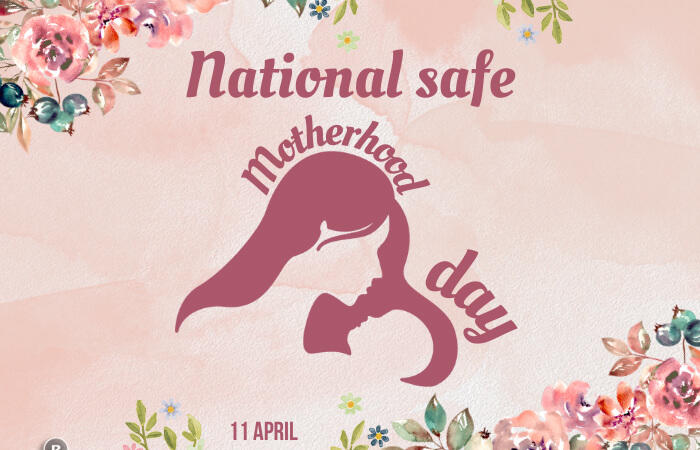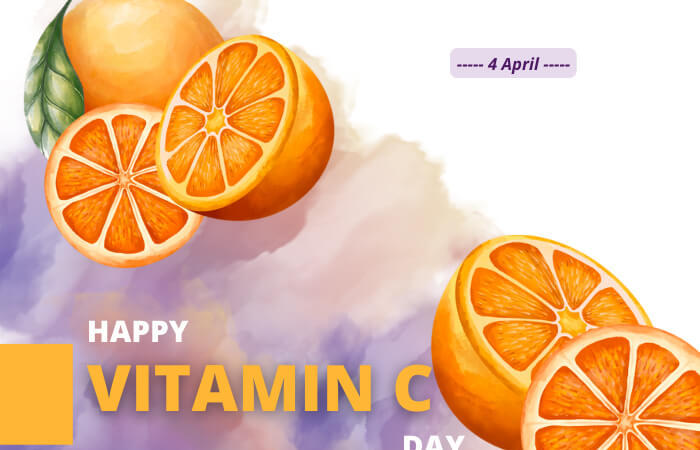SAARC Charter Day – 8th December

The South Asian Association for Regional Co-operation (SAARC) was founded on 8th December 1985 and this day is observed annually as SAARC Charter Day. SAARC comprises eight member states: Afghanistan, Bangladesh, Bhutan, India, Maldives, Nepal, Pakistan, and Sri Lanka. It also has nine Observers, namely China, EU, Iran, Republic of Korea, Australia, Japan, Mauritius, Myanmar, and the USA. The objective of SAARC is to accelerate the process of social, economic, and cultural development in the region.
All member countries signed the SAARC Charter in Dhaka. SAARC Charter are:
To promote the welfare of the peoples of South Asia and to improve their quality of life.
To accelerate economic growth, social progress, and cultural development in the region.
To provide all individuals the opportunity to live in dignity and to realize their full potentials.
To promote and strengthen collective self-reliance among the countries of South Asia.
To contribute to mutual trust, understanding, and appreciation of one another’s problems.
To promote active collaboration and mutual assistance in the economic, social, cultural, technical, and scientific fields.
To strengthen cooperation with other developing countries; to strengthen cooperation among themselves in international forums on matters of common interests.
To cooperate with international and regional organizations with similar aims and purposes. Decisions at all levels are to be taken on the basis of unanimity, and bilateral and contentious issues are excluded from the deliberations of the Association.
The idea of SAARC was proposed by the then Bangladesh ruler, Zia ul Rehman. This idea of co-operation between South Asian nations was discussed in three conferences. The Asian Relations Conference held in New Delhi in April 1947; the Baguio Conference in the Philippines in May 1950; and the Colombo Powers Conference held in Sri Lanka in April 1954. And in the year 1970 the seven South Asian Nations Bangladesh, Bhutan, India, the Maldives, Nepal, Pakistan, and Sri Lanka agreed to the creation of a platform for the South Asian countries and work together in a spirit of friendship, trust, and understanding.
The SAARC was founded in Dhaka on 8 December 1985 and Its secretariat is based in Kathmandu, Nepal. In 2005, Afghanistan began negotiating its accession to SAARC and formally applied for membership in the same year. Earlier the issue of Afghanistan joining SAARC was of concern as Afghanistan is a Central Asian country, but later the SAARC countries agreed and included Afghanistan joining the SAARC as its eighth member state in April 2007.
The South Asian region faces several negative issues like terrorism, pollution, poverty, unemployment, rapid unorganized urbanization, refugees, political instability, corruption, and several communicable and non-communicable disease outbreaks. SAARC could be a pillar for the countries of the South Asian region to set their identity in trade and also to remove the aforementioned evils persistent in the region.
SAARC Progress
The SAARC seeks to promote the welfare of the peoples of South Asia, strengthen collective self-reliance, promote active collaboration and mutual assistance in various fields, and cooperate with international and regional organizations. Till now SAARC has managed to create situations, institutions, and forums where Heads of State have had to shake each others’ hands and go into talks together.
SAARC has tackled important topics for the region such as a social charter, development agreements, and even the sensitive subject of fighting terrorism and has achieved some good results. The food and development banks are important steps in the right direction. Exchanges in the areas of civil society and science have become one of the pillars of South Asian integration efforts.
All the SAARC countries are showing positive economic developments. And international interest in South Asia has never been stronger: the potential for foreign investors is immense, and South Asian integration is also coming to the forefront on a political level.
India is a regional heavyweight and should take a particular interest in creating more stability in the region. For India, a country that currently has negligible levels of trade with other South Asian nations, the region offers immense potential for growth. It would not be a case of reinventing the wheel if India were to invest heavily in its neighbors in order to develop strong consumer markets, for the European Union has already shown that this can work successfully.
On SAARC Charter Day we wish the first line of the SAARC charter “Promoting peace, stability, amity, and progress in the region” is met.
Happy SAARC Charter Day!
Suggested Read: Important Days In December






